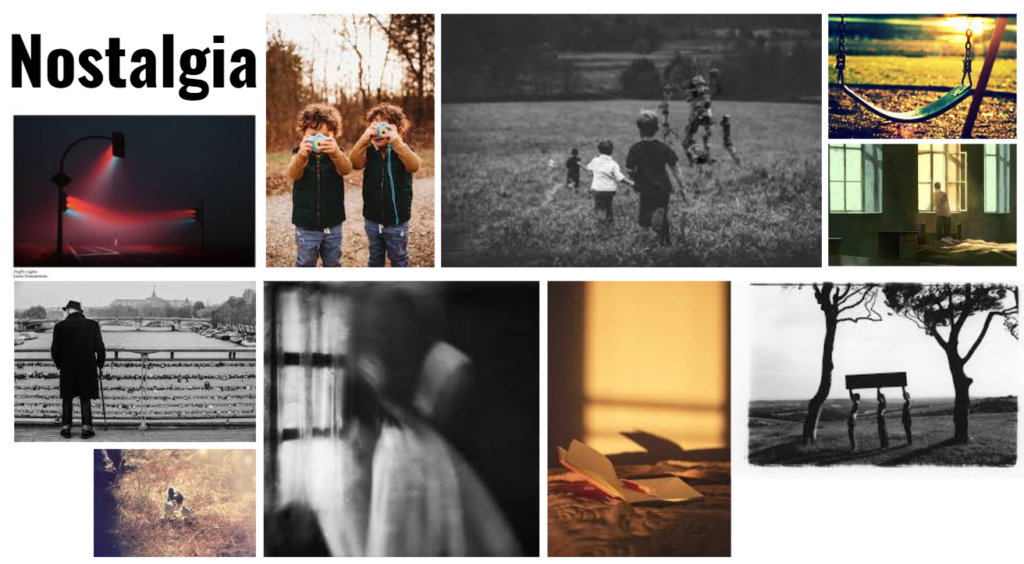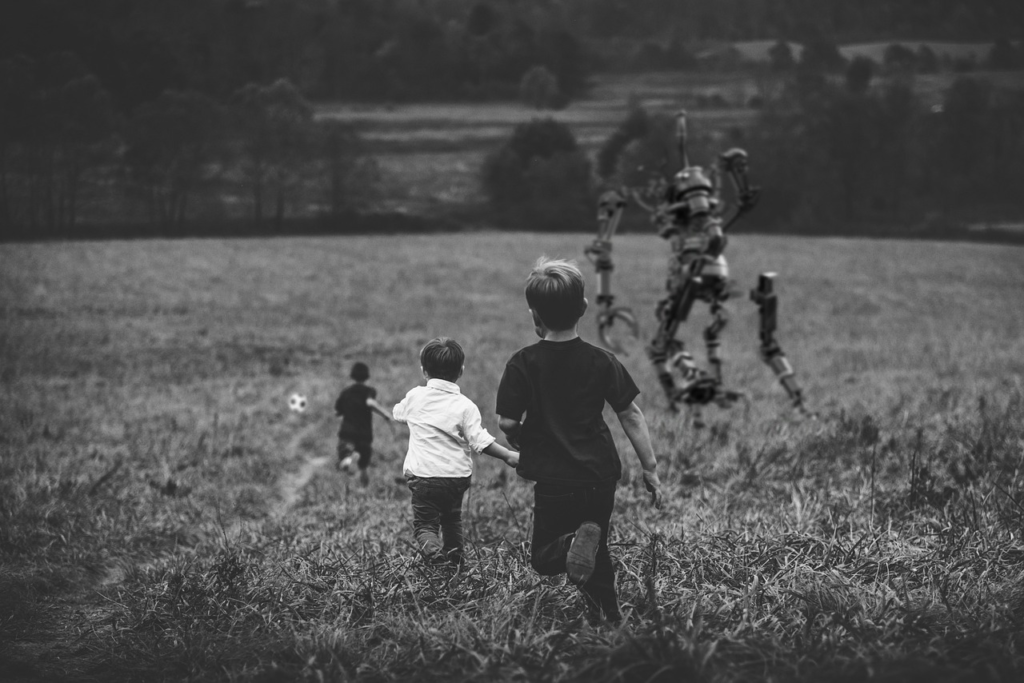
What is nostalgia?
Nostalgia is having a sentimentality of the past, especially places and people associating with positive experiences. Nostalgia is a learned formation of a a Greek compound: (nóstos) meaning “homecoming”, and a Homeric word (álgos) meaning “sorrow”. It was created by a 17th-century medical student to describe the stress displayed by Swiss Mercenaries fighting away from home; a powerful infantry force constituted by professional soldiers originating from the cantons of the Old Swiss Confederacy. It became a key trope in romanticism, being reported as a medical condition and a form or melancholy in the Early Modern Period.

The personalities, possibilities, and events of the past are seen as a longing when associated with nostalgia, specifically the idea of “good old days”. People typically view the future more negatively , in contrast to the past as a more favourable thought. This is called diclinism when applied to one’s beliefs about society/ institution. It’s been expressed as “a trick of the mind” and as emotional approach to find comfort when the present day is dull.
The scientific literature of nostalgia states that emotion is a strong influencer of nostalgia because of the process of the stimuli passing through the amygdala (a major processing centre for emotions). The memories of the past tend to be important events involving people one cares about, or places that hold comfort and have been visited one or many times. Nostalgia can also be activated by music, TV, video games and weather.

Nostalgia’s affects
Nostalgia can improve your mood because even though it is typically activated by negative feelings, it brings out positive emotions through the happy memoires of the past. It can also improve someone’s social connections. Memories can be of people and can cause someone to get in touch with those people creating the nostalgic feeling.
